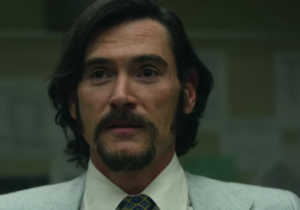 “I believe the term ‘self-regulation’ is well on its way to the dustbin of history.”
“I believe the term ‘self-regulation’ is well on its way to the dustbin of history.”
With this, the registrar of the College of Physicians and Surgeons of Ontario (CPSO) wrapped up his final note in From the Registrar’s Desk.
He went on,
“In the future, College work will no longer be described as ‘the privilege of self-regulation,’ but instead ‘the responsibility of medical regulation.’“
Candor comes easy when people leave office.
Is Self-Regulation Dead?
Was the registrar simply making an observation, or was he stating what he believes to be good? Does he believe self-regulation belongs in the dustbin?
I know many doctors who became Chiefs of departments. Chiefs oversee quality. They handle patient complaints.
Chiefs see problems before they become patterns. A good Chief tries to build safety into a department to prevent problems becoming patterns.
Good Chiefs try education, encouragement and incentives as ways to improve quality.
But they never eliminate problems, and many Chiefs start to despair.
So, they take charge.
They make tough decisions.
They put their faith in power: rules, oversight, punishment.
After 10 years in charge, some Chiefs are damaged; irreversibly anti-physician. They lose hope in clinical judgement and put their faith in systems instead of people. Continue reading “Is Self-Regulation Dead?”


